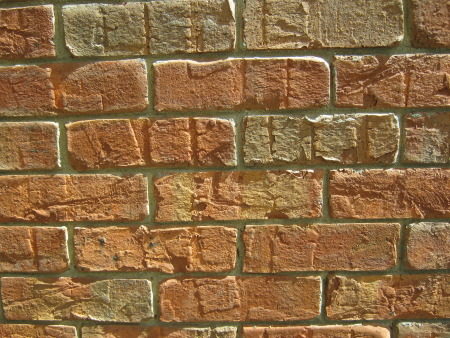Levels of architectural complexity
One thing modern architecture seems to want to get rid of is texture. All surfaces are supposed to be clean, mathematically precise planes or curves, leading to the suspicion that their highest and best form is as an architectural model peered at from above by clients holding glasses of white wine. The lack of detail at the smaller scales leads to tedium when they are life sized.
Mary and I like the Peabody Essex Museum in Salem. This weekend the children (who are less than enthralled) were both otherwise occupied, so we made a trip up there, had breakfast at Red's, and took in maritime art and a few old houses. Sorry, 'historic" houses.
The museum is the union of two old Salem institutions. When they joined, they hired Moshe Safdie, of nearby Somerville, to build an addition. Museum additions tend to bring out the worst in architects (cf. the new wing of the MFA, and don't get me started on the hangar being attached to the Gardner), but, in this case, Safdie did a thoughtful job. The main atrium is actually light and charming, and a great place to drink coffee. And it gives a view of the five brick houselike structures that house the maritime and special collections. I'd never looked at them consciously before.
First, I admired the way the sun hit the wall.

Then I started wondering why I was enjoying that so much. I am a man of simple pleasures, but, still, a brick wall.... Then I noticed that there was a lot of detail in the wall. Not just the sandstone stringcourses, but something about the bricks themselves.

Each brick is different, with a complex surface pattern that casts shadows. I hadn't consciously noticed it, but I certainly had responded to it.
No one two hundred years ago building a Federal style house a few blocks away, in what is now the McIntire Historic District, would ever have allowed such clearly defective bricks in their facades, of course. They were aiming at a smoothness of surface and failing, lacking the technology. We have achieved it, and now should have a better sense of when it makes sense and when it doesn't.
As a writer, I should give you a little lesson about sentences and large scale structures about here, but it is late, and I must get to bed. I'll leave that as an exercise for the reader.